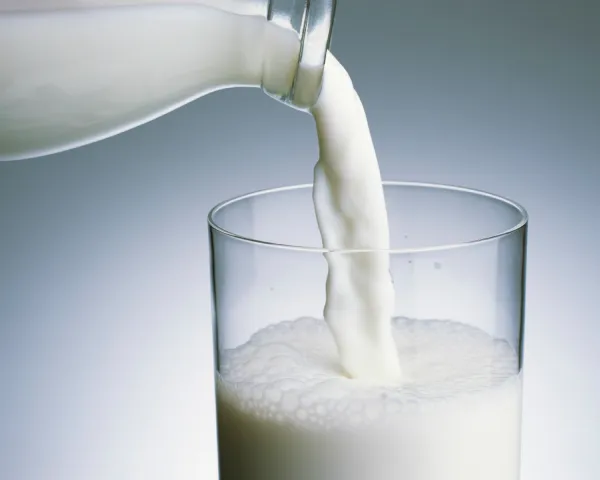Study Shows Small Milk Fat Globules Foster Beneficial Bacteria Growth

Jerusalem, Jan 2 (NationPress) A recent study from Israel has demonstrated that small milk fat globules facilitate the development of beneficial bacteria, according to a press release from the Hebrew University of Jerusalem (HU) released on Thursday.
The research, published in Food Chemistry, investigated how the size and structure of milk fat globules affect their interactions with both beneficial and harmful bacteria.
Researchers examined milk fat globules derived from mammary gland cells and raw milk, concentrating on their effects on bacterial growth and biofilm development.
The findings revealed that the structure of the globules, rather than their chemical composition, was crucial in influencing these interactions, as reported by Xinhua news agency.
As a result, small milk fat globules encouraged the growth of Bacillus subtilis, a beneficial bacterium, while larger globules prompted biofilm formation, which is associated with bacterial resilience.
Moreover, a synthetic lipid mixture that mimicked the chemical structure of small milk fat globules did not promote bacterial growth, emphasizing the significant role of structural characteristics over mere chemical composition.
Metabolomic profiling further corroborated these findings, indicating that bacteria reacted differently to various sizes of globules.
This research highlights milk's inherent protective mechanisms and its potential to enhance gut health.
Interestingly, the size of milk fat globules did not influence Escherichia coli, a harmful bacterium, illustrating the specificity of these interactions.
The researchers concluded that these insights could improve dairy and food safety, suggesting that the structural design of milk plays a vital role in shaping the microbial ecosystem and promoting health.









